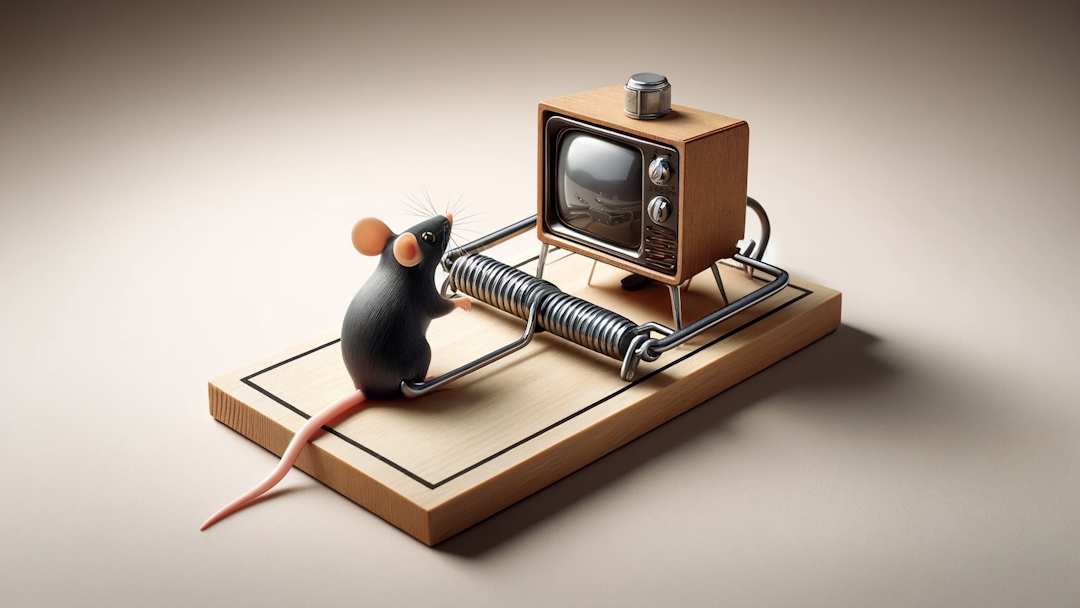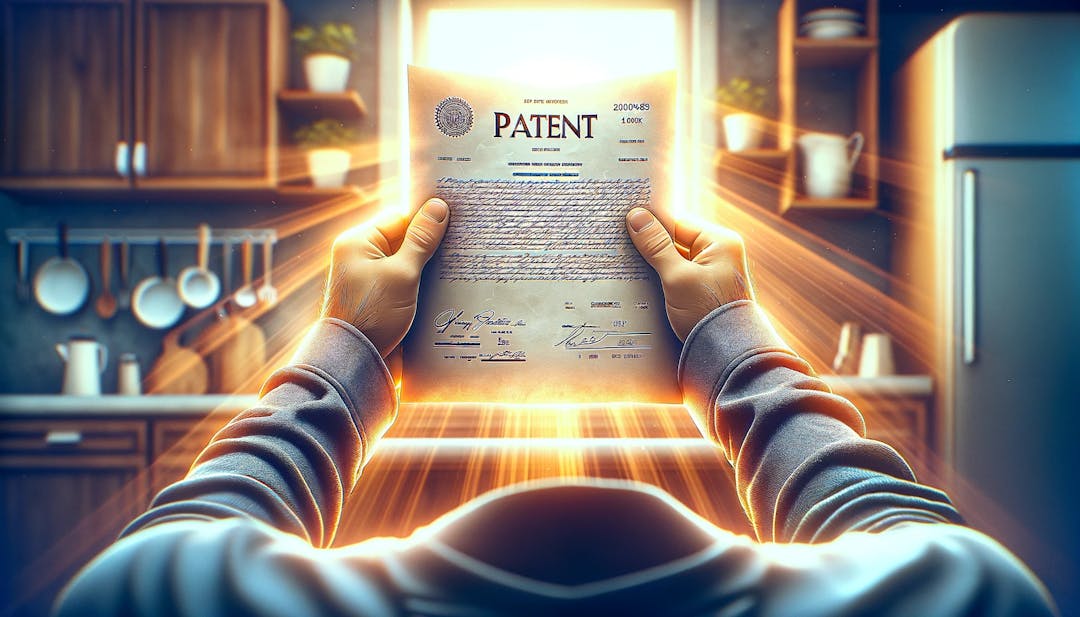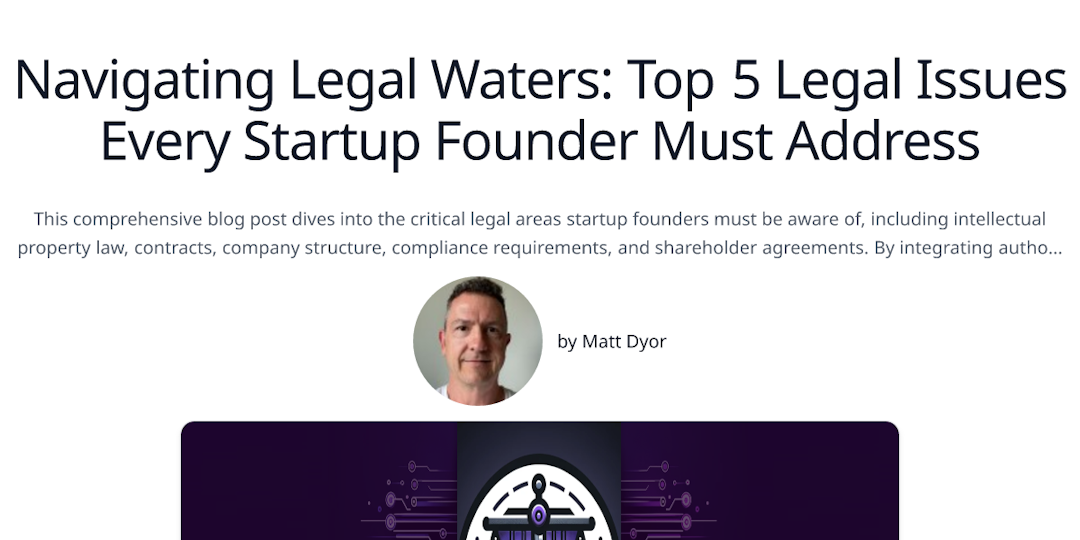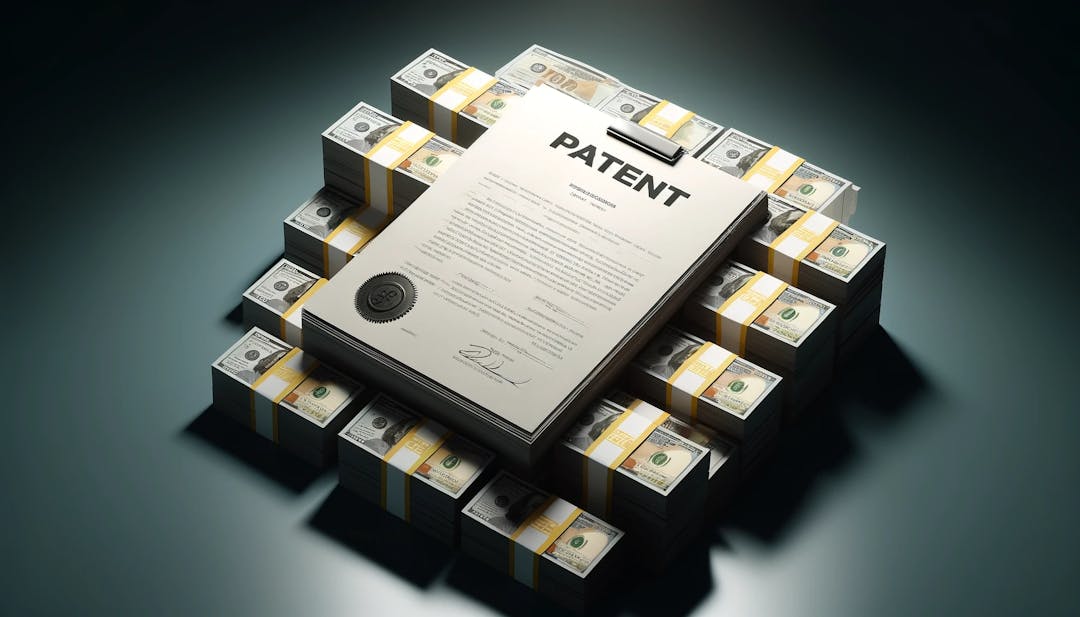Crowdfunding platforms like Kickstarter have revolutionized the way innovators bring their ideas to life. However, exposing your invention to the world without adequate protection can be risky. Intellectual property (IP) protection should be a top priority for anyone considering a Kickstarter campaign.
Why Protect Your Intellectual Property?
Before diving into the specifics, let's review the basic domains of IP. Your product’s design, functionality, and unique concepts collectively constitute your intellectual property. Without protection, others could replicate your idea, diminishing your market share and potentially profiting from your innovation. There are several intellectual property domains you should consider: copyright (e.g., the precise words or images you create), trademark (e.g., the brand that you establish), and patent (e.g., the inventions you create). This post will mostly focus on patent rights.
Provisional Patent Application: The First Line of Defense for Inventions
Issued patents allow you to prevent others from practicing your invention. To establish an early filing date, you can file a provisional patent application (PPA) that provides a cost-effective way to secure a "patent-pending" status for a 12-month window while you validate and refine your invention, seek funding, and assess market viability. For Kickstarter campaigns, filing a PPA before launch can ensure that you get an early effective filing date against others who may working in a similar space (and who may end up filing their own patent application once they see your campaign). If you want to file your own patent application, check out the guide on Writing and Filing Your Own Provisional Patent Application at https://leanfounder.attorneymesh.com/write-and-file-provisional-patent-application ↗ for an in-depth look at how to approach this process.
The Benefits of Filing a Provisional Patent Application
Filing a PPA gives you several advantages, especially pertinent to the high-speed, competitive nature of Kickstarter campaigns. First, it secures your place in line at the patent office, which is critical given the "first to file" nature of U.S. patent law. It also allows you to use the term "patent pending," which can deter competitors and attract backers looking to invest in genuine innovation.
Additionally, a PPA provides the flexibility to refine your invention or its market strategy without losing your initial filing date, assuming you convert your PPA into a non-provisional patent application within 12 months. For more insights on the strategic timing regarding patent applications, refer to Patent Timing: When Should I File my Patent Application? at https://leanfounder.attorneymesh.com/patent-timing-when-should-i-file-my-patent-application ↗.
How Much Does It Cost to File a Provisional Patent Application?
Cost is a critical consideration for startups. Fortunately, PPAs offer a relatively low-cost entry point to the patent process. While costs can vary based on the complexity of the invention and whether you enlist professional help, filing a PPA can range from a few hundred to a few thousand dollars. An breakdown of the costs associated with securing a patent, including provisional filings, can be found at Understanding the Costs of Securing a Patent for Startups at https://leanfounder.attorneymesh.com/understanding-the-costs-of-securing-a-patent-for-startups ↗.
Conducting a Preliminary Patent Search
Before filing a PPA, conducting a preliminary patent search is important to ensure your innovation doesn't infringe on existing patents. Additionally, conduct a preliminary search can help you understand the industry standard terminology, so that the improvement of your invention over what has been invented or disclosed in the past is more apparent during prosecution (working with the USPTO to get a patent issued) and licensing (where the licensees will understand the rights that they are acquiring by licensing your patent). Although conducting a preliminary search is not required, a preliminary search can save you time and resources in the long run. A guide to conducting an effective search like a patent examiner is available at Search Like a Patent Examiner at https://leanfounder.com/search-like-a-patent-examiner ↗.
The Kickstarter Campaign: Bringing It All Together
Once you've secured a "patent-pending" status, you can proceed with your Kickstarter campaign with enhanced confidence in your IP protection. Highlighting your patent-pending status in your campaign can serve as an effective marketing tool, signaling to potential backers that you are committed to protecting your innovation and that you take your project seriously.
Frequently Asked Questions (FAQs)
Q: Can I wait to file a patent until after my Kickstarter campaign is successful?
A: While waiting may seem appealing to save time and money, it's risky due to the "first to file" principle governing U.S. patent law. Also, if you wait more than 12 months before filing your PPA, your own disclosure may be used against your future patent application as prior art. Filing a provisional patent application before launching your Kickstarter campaign is generally advisable.
Q: What happens after the 12-month period of the provisional patent application expires?
A: To maintain your patent protection, you must file a non-provisional patent application within 12 months of your provisional filing date, claiming the benefit of the provisional application. If you do not file a non-provisional patent application within 12 months, the rights to your provisional patent application are lost.
Q: Can I manage the patent filing process on my own?
A: Yes, it's possible to file a provisional patent application on your own. However, considering the complexity and legal nuances, consulting with a patent attorney or a specialist is recommended to avoid pitfalls.
Conclusion
Launching a Kickstarter campaign is an exciting step toward realizing your innovative project. By taking proactive steps to protect your intellectual property through provisional patent applications, you significantly enhance the security and appeal of your project. Investing in IP protection is not just about safeguarding your invention; it's about ensuring the viability and success of your venture.
For more detailed guidance on protecting your intellectual property or any inquiries related to Kickstarter and provisional patent applications, do not hesitate to reach out. Click the "Ask a Question" button at the top of the page or use the contact button for a follow-up conversation.
Main Keyword: MAIN KEYWORD
Meta Description: Discover how to protect your intellectual property with provisional patent applications before launching a Kickstarter campaign. Learn the costs and benefits to secure your innovation.
Tags: Intellectual Property, Provisional Patent Application, Kickstarter, Patent Filing, IP Protection for Startups





















